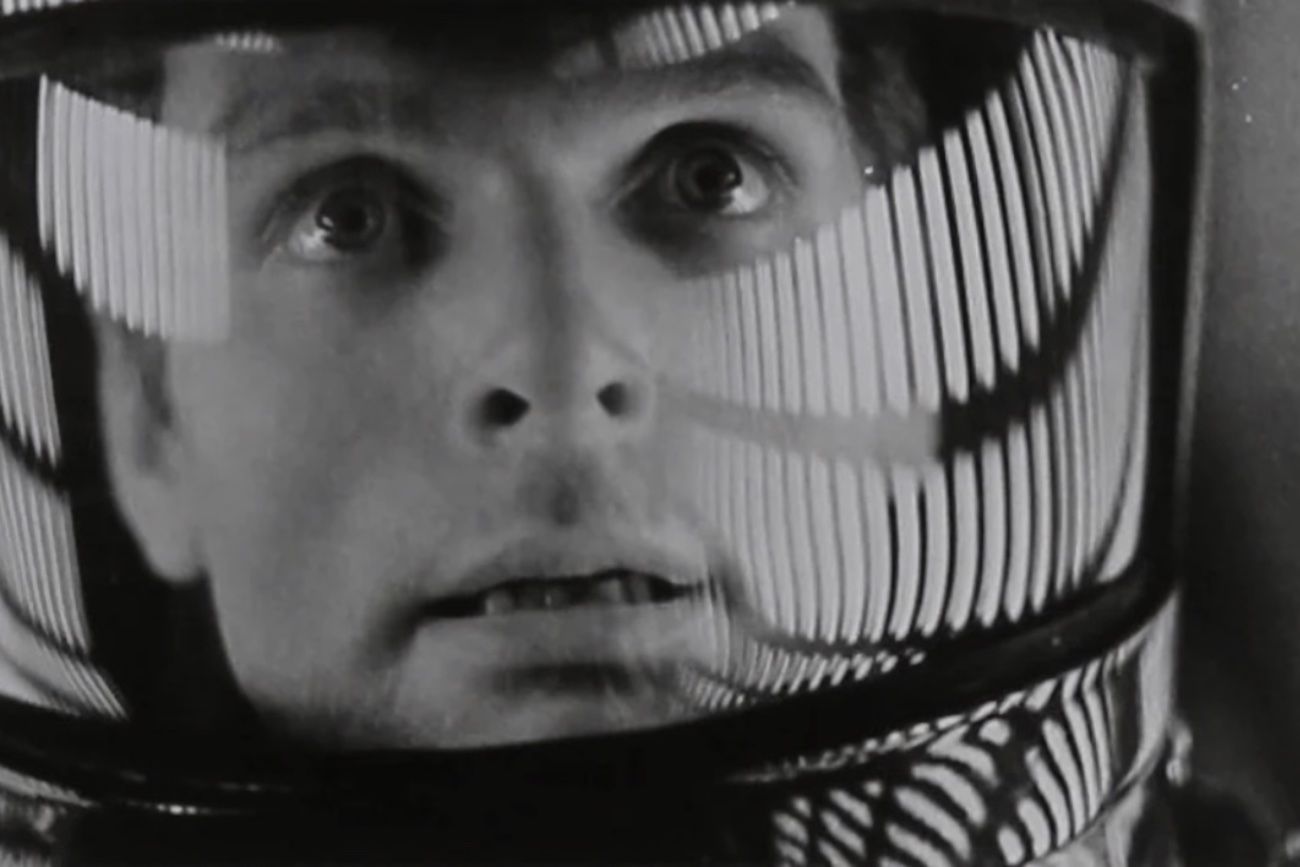
Intelligent objects and human stupidity
Smart objects are invading our daily lives. Our gadgets are getting smarter and smarter. They inform us about our geographical location, our fame in social networks, our biological or financial health, and transmit this information to companies that want to do us good... It's going very fast.
Homes and buildings are becoming intelligent, managing consumption, atmosphere, food stocks, entertainment, security, health and the comings and goings of the occupants. In Dubai, an entire smart city is expected to welcome its inhabitants by the end of the decade.
Our cars park themselves and soon they will not allow us to drive if our blood alcohol level or emotional state is out of line, but will drive us to the desired destination. Or to the right organization if our condition is deemed worrying.
Our clothes will also become intelligent, changing texture according to the climate, colors according to our moods or opacity according to our hormonal activity. They will diffuse nano-substances to regulate our biological activities.
And inevitably, all this intelligence will cross the barrier of our skin to settle directly in our bodies - for our good, of course. It has already started: our pets have their identity chip, night clubs offer membership and credit cards in the form of subcutaneous microchips. Electronic implants are already used to locate children or individuals considered threatening, others are being studied for health monitoring or territorial defense.
These electronic implants will be able to contain our life history: at the same time identity card, bank card, medical file, diary of our praiseworthy and reprehensible activities. But as we are talking about intelligent objects, they could also be proactive, and for example, alert health services or your insurance in case of hygienic negligence or behavioral anomaly, or report the use of illicit substances to a database.
Of course, all these objects, devices, equipment, infrastructures and microchips, both current and future, are constantly connected to the Internet.
Already today, most of the human infrastructure is based on the web: financial transactions, security, communications, business, leisure... It is both fascinating and incredibly fragile: to access, substitute or steal information, to sabotage infrastructure, all it takes is a good technical expertise.
At a time when we are becoming aware of the challenges of cybercrime, more and more intelligent objects are being grafted onto the network of networks. Welcome to the best of all worlds, where we will soon be able to hack your identity, corrupt your biological or banking data and sow chaos in the smallest details of your daily life.
That said, this is the world we have created for ourselves, and unless a gigantic solar flare resets all the counters to zero, this is the context in which we are called to evolve.
Anyway, this is not the core of the problem.
The problem, which runs through the entire history of humanity, is the inability of the individual to take responsibility. Responsibility for his life, his actions, his place in the community and, above all, for his own conscience - that is, for his thoughts about himself and the world.
If human beings were attentive to the consequences of their thoughts, the world would not know famine, misery, violence, neurosis, pollution and fanaticism. In a civilization populated by responsible beings, most of the infrastructure, equipment and gadgets we accumulate would be useless, because they are substitute technologies.
Our entire civilization is based on the idea of separation. It is the software from which we elaborate our representations of reality. The being is conceived as separate from its Source. Space and time are conceived as factors of separation. An arbitrary division is interposed between the beings and the things. The being becomes handicapped, deprived of what gives it meaning.
It is to try to compensate for this profound handicap that we have developed our entire technological arsenal. What use would a telephone be in a telepathic society?
By themselves, the greatest technological miracles will not make us happy, they will not improve the situation. On the contrary: they will intensify our experience of the division we define as real. Without a fundamental change in our reality software, technological evolution will alienate us even more.
It's just an evolution of the same story... After asking religious, medical, political and social authorities to think and decide for us, we are about to hand over the management of our lives to an artificial intelligence network. Basically, we have become so poor that we invent machines to think for us, without measuring all the consequences...
"I'm sorry Dave, I can't do that..." You can't order that food, your blood sugar is too high. Can't buy this product, you're behind on your taxes. Can't legalize this union, your genetic codes are incompatible.
That said, I have nothing against technology per se. In a civilization based on the principle that all life is sacred, all is consciousness and all is interconnected, collaboration with other forms of intelligence can be very fulfilling. I am already looking forward to visiting the galaxy in a conscious ship with whom I will have a deep friendship.
Our systems of thought are leading us straight into the wall. Our technologies simply help us to achieve our goals more efficiently and quickly...
What we need today is not new smart gadgets. What we need today is not new smart gadgets, but enough intelligence to update our individual responsibility.
Alain-Yan
To further explore the issue of individual responsibility, see in particular the work of Eckhart Tolle and Byron Katie.
And finally, some music related to subcutaneous implants.




